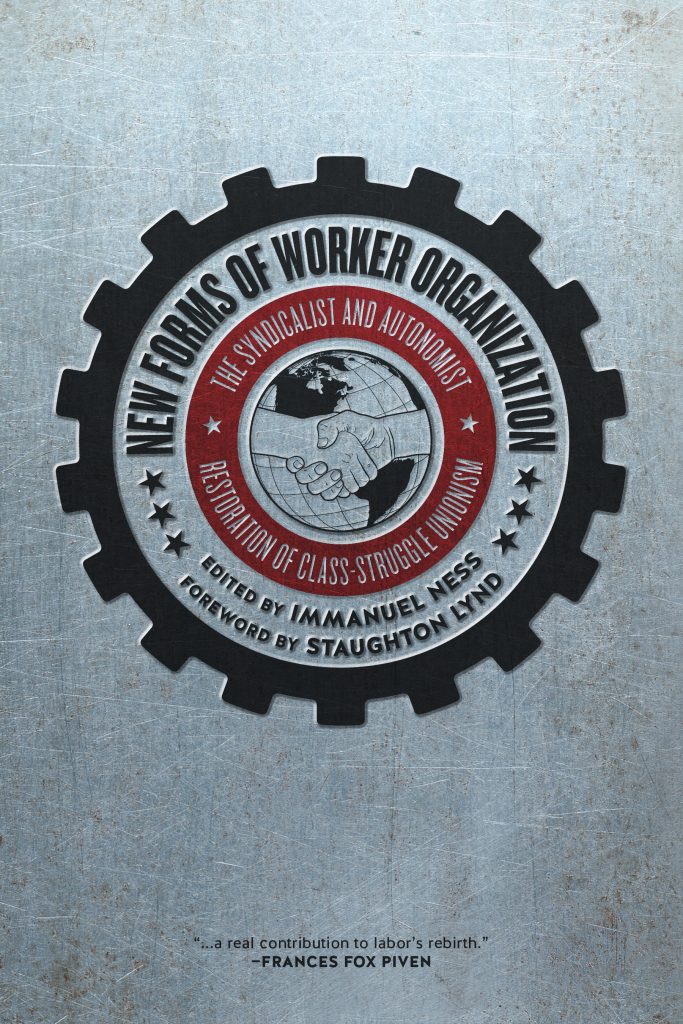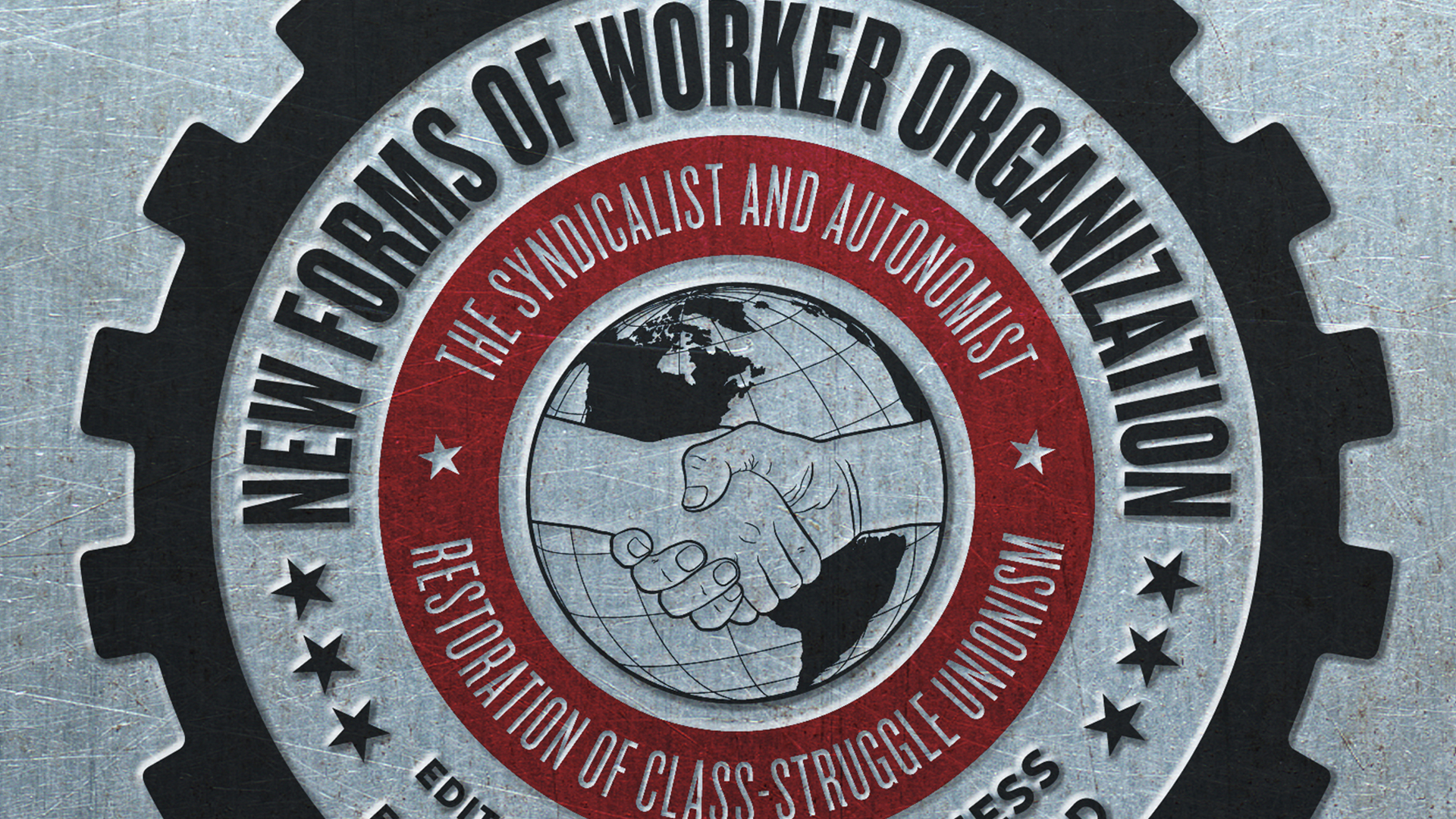
By Ron Jacobs
Counterpunch
Weekend Edition August 8th-10th 2014
Making Rabble Rousing Relevant Again
In
recent months, a friend and I have been discussing the possibilities of
organizing the adjunct faculty working at the numerous colleges in
Vermont. In our discussions, my friend, who is both an adjunct and a
labor organizer, has been pushing a model where faculty working at each
individual college would organize within the college they worked at. The
model I have been leaning towards would have adjuncts organize into a
statewide union that set basic requirements for the contracts these
workers sign with individual institutions, provided real support to
insure those parameters were met and adhered to, and would negotiate for
adjuncts as a group with all employing institutions. While the former
approach might be a quicker process, it would probably end up being a
more difficult one to set up and maintain. After all, since adjuncts
often work for two or three different employers each semester (given the
low pay rates and insecure nature of the employment), it would be easy
for the employing institutions to annul any union efforts by just
refusing to hire those adjuncts in said efforts. If the adjuncts
organized their union specific to their positions as temporary and
independent workers, they could negotiate terms with every employer and
thereby avoid most attempts to blacklist those in the union.
The
reason I mention these conversations is because they are a great example
of the nature of work in the neoliberal capitalist economy of the
twenty-first century. It is an economy where employers have the upper
hand; a world where salaries, benefits and employment itself is
determined almost entirely by the employers and the market they serve.
The idea of employer loyalty to its workers—something tenuous in the
best of times—is now considered not only out of fashion, but bad
business. Unions are usually seen as impediments to progress, if not
just plain wrong. This dynamic rules employment in both the public and
private sectors and is the result of a number of factors associated with
neoliberal capitalism —“free trade agreements,” tax breaks for
corporations, the privatization of public services including education,
water, energy and even roads, and the domination of the media by a very
small number of capitalist entities determined to dominate not only the
markets but the very world itself.
In order to survive in the
world defined by neoliberal capitalism, workers have slowly come to
realize that they must organize in new ways that respond to the new
situation. It is this realization that might just prevent the total
destruction of worker organizing. A new book edited by Immanuel Ness was
published with this in mind. The book, titled New Forms of Worker Organization: The Syndicalist and Autonomist Restoration of Class Struggle Unionism,
presents several case studies of organizing drives among workers around
the world. These case studies explore the shortcomings of bureaucratic
unionism not just in its current practice, but in its fundamental
understanding of unionism itself. From Russia, to China; from Sweden to
Colombia; Minneapolis to London; the stories in these pages are ones
almost anyone who has worked in the food industry or on a factory floor
can relate to. Petty dictators for bosses, management willing to work
for salary just to get a title and a hope for advancement, and workers
wanting to organize but afraid of losing their jobs and ending up on the
street—this is the situation workers find themselves in.
As the
title suggests, there may well be a solution. It is called syndicalism.
For those who don’t know what this is, the Concise Encyclopedia defines
it as “Movement advocating direct action by the working class to abolish
the capitalist order, including the state, and to replace it with a
social order based on the syndicat, a free association of self-governing
producers.” This is a set of ideas at least as old as industrial
capitalism that reached its greatest popularity in the early part of the
twentieth century when capital before it was quashed (often violently)
across the globe. This book is dedicated to its rebirth. Among
syndicalism’s adherents were the Industrial Workers of the World (IWW)
or Wobblies. Indeed, this book includes essays describing two recent
Wobbly campaigns: one amongst fast food workers in Minnesota and the
other featuring janitorial workers in Britain. Both stories describe a
workforce with faith in its power, a determination to win its struggle
and optimism based on the facts of their lives and an understanding that
by staying united they can make those lives better. Simultaneously,
like the rest of the articles in this book, the IWW tales are tempered
with an understanding of the real nature of the forces opposed to the
workers’ success. Underlying everything is this reality—working people
of the world cannot depend on the existing structures to work in their
favor.
If they don’t wish to be denied justice in the workplace, they must be ready to organize themselves and fight for it.
Ron Jacobs is the author of the just released novel All the Sinners, Saints. He is also the author of The Way the Wind Blew: a History of the Weather Underground and Short Order Frame Up and The Co-Conspirator’s Tale. Jacobs’ essay on Big Bill Broonzy is featured in CounterPunch’s collection on music, art and sex, Serpents in the Garden. His third novel All the Sinners Saints is a companion to the previous two and is due out in April 2013. He is a contributor to Hopeless: Barack Obama and the Politics of Illusion, published by AK Press. He can be reached at: [email protected].






